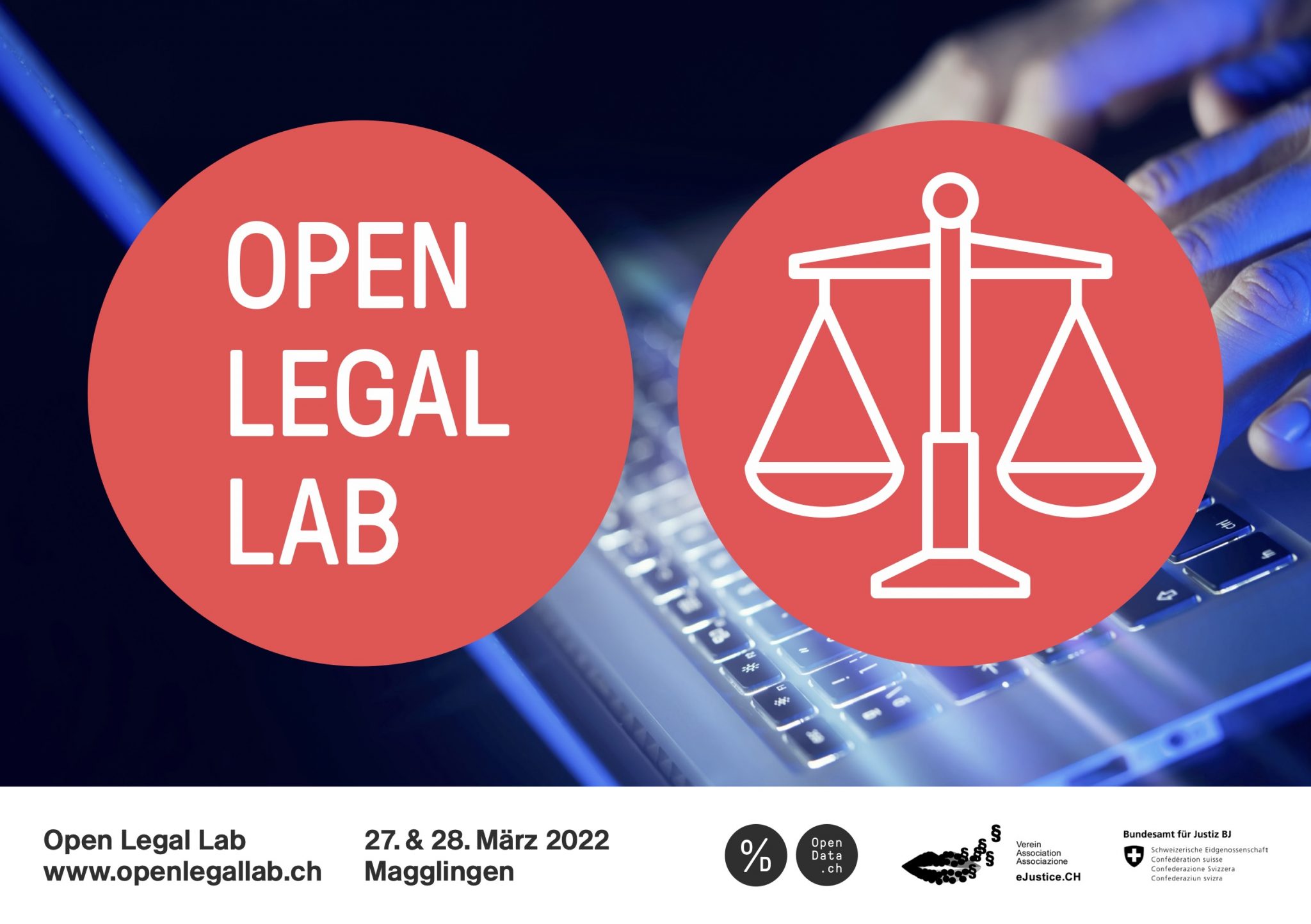Edited (version 35)
Frag den Bund
Portal für Informationsfreiheit
Jede Person hat das Recht auf Informationen aus Politik und Verwaltung. FragDenStaat (Wikipedia) hilft der Zivilgesellschaft in mehrere Länder dabei, dieses Recht durchzusetzen. So funktioniert es:
- Du stellst eine Anfrage. Wir leiten diese an die zuständige Behörde weiter.
- Du erhältst eine E-Mail, sobald die Behörde auf Deine Anfrage reagiert.
- Die Antwort wird für Dich und auch für andere öffentlich einsehbar, transparent und gemeinnützig.
In der Schweiz entwickelt das Verein Öffentlichkeitsgesetz.ch eine Online Einsichtsgesuch-Tool, hauptsächlich für Medienschaffende als Zielgruppe. Das Open Data Team bei LIIP hat vor einige Jahre ein Versuch gestartet, um etwas Ähnliches anzubieten: liip/request.data. Und an einem anderen Open Legal Hackathon haben wir der Open Data Button vorgeschlagen, was sich später mit dem Open Access Button integriert hat, aber wenig bekannt bleibt.
Wir möchten das Tool FROIDE - Frag den Staat von der Verein Open Knowledge Foundation Deutschland*, auch in mehreren anderen Ländern bereits eingesetzt - zu prüfen für Einsatz in die Schweiz, als starkes Backend und API für Informationsfreiheitsgesuche, gemeinsam moderiert mit unseren Communitys.
Als Teil diese Evaluation möchten wir auch die offenen Daten zum Public Bodies aktualisieren, was wahrscheinlich eine Voraussetzung ist für diese Plattform. Durch diesen Hackathon wollen wir nach Bedürfnisse und Wünsche unsere Community zu befragen, und weiteren Austausch und Zusammenarbeit mit Öffentlichkeitsgesetz.ch, Opendata.ch, OKFN.de und anderen zu fördern.
* Froide was originally designed to mimic the functionality of What do they know – a Freedom of Information portal in the UK.
Froide
Froide is a Freedom Of Information Portal using Django 3.2 on Python 3.8+.
It is used by the German and the Austrian FOI site, but it is fully internationalized and written in English.
Development on Froide
After clone, create a Python 3.8+ virtual environment and install dependencies:
python3 -m venv froide-env
source froide-env/bin/activate
# Install dev dependencies
pip install -r requirements-test.txt
# Install git pre-commit hook
pre-commit install
Start services
You can run your own Postgres+PostGIS database and Elasticsearch service or run them with Docker.
You need docker and docker-compose. Make sure Docker is running and use the following command:
docker-compose up
This will start Postgres and Elasticsearch and listen on port 5432 and 9200 respectively. You can adjust the port mapping in the docker-compose.yml.
Upgrade dependencies
# with pip-tools
pip-compile -U requirements.in
pip-compile -U requirements-test.in
Setup database and search index, start server
If you need to adjust settings, you can copy the froide/local_settings.py.example to froide/local_settings.py and edit it. More steps:
# To initialise the database:
python manage.py migrate --skip-checks
# Create a superuser
python manage.py createsuperuser
# Create and populate search index
python manage.py search_index --create
python manage.py search_index --populate
# Run the Django development server
python manage.py runserver
Run tests
Make sure the services are running.
# Run all tests
make test
# Run only unit/integration tests
make testci
# Run only end-to-end tests
make testui
Docs
Read the documentation including a Getting Started Guide.
Froide is supported by the Open Knowledge Foundation Germany and Open Knowledge Foundation International.
License
Froide is licensed under the MIT License.
Sketching
Event finished
Presentation uploaded and website up and running
Updated docker-compose (@loleg)
Research
Joined the team
Project
Repository updated
Joined the team
Event started
Joined the team


